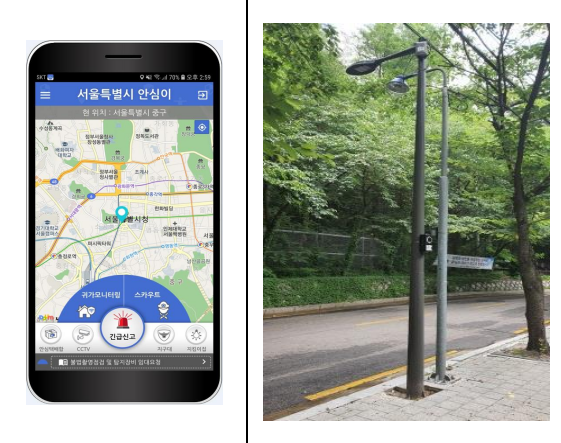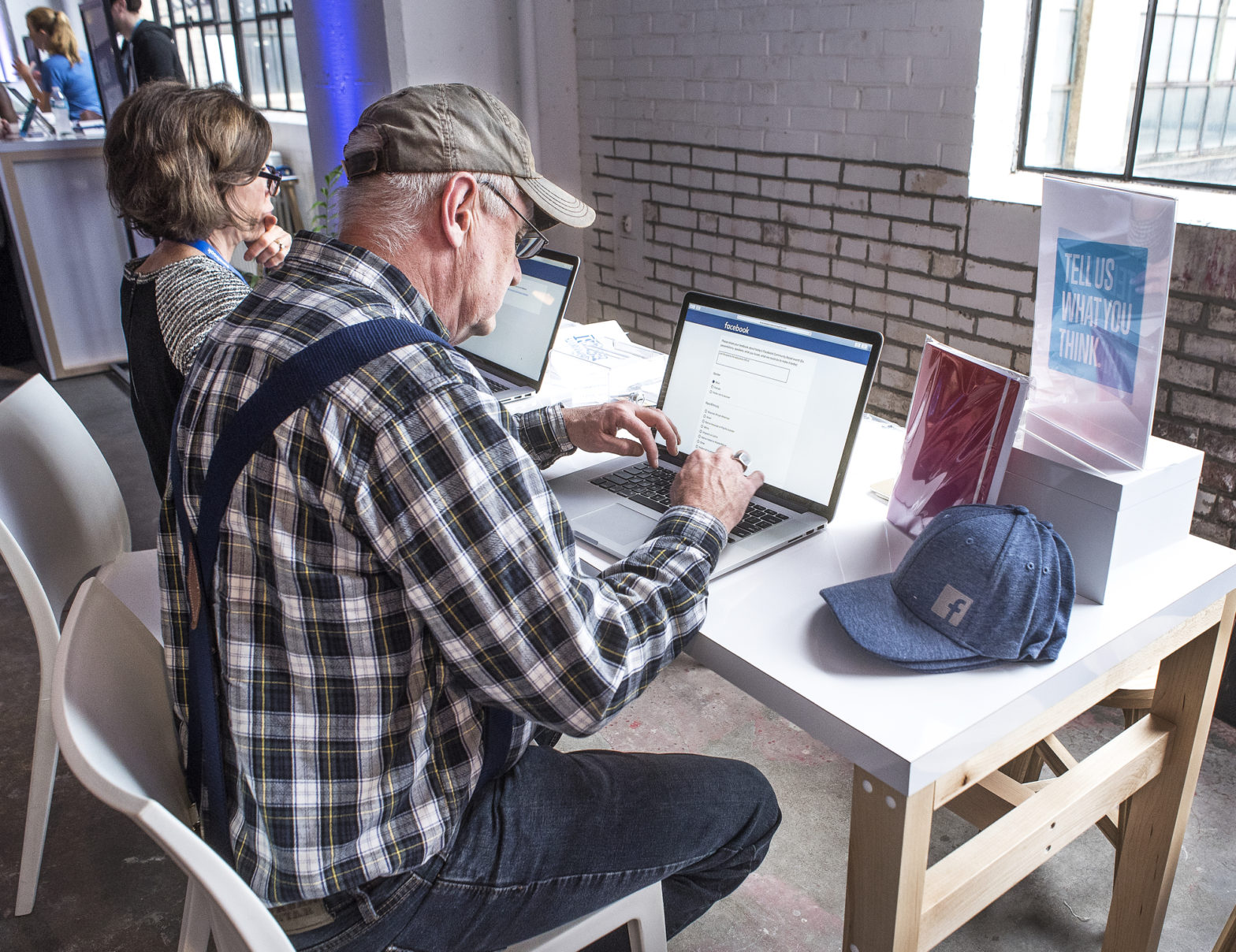
Photo: Sirinarth Mekvorawuth | Dreamstime.com
Seoul’s smart streetlights connect to personal safety app
20 October 2021
by Sarah Wray
Seoul is replacing almost 2,950 streetlights with new smart versions that work in tandem with the city’s personal safety app, Ansimi.
The brighter LED lights embedded with an Internet of Things (IoT) signalling device based on a wireless local area network (WLAN) will be installed in dark and isolated alleyways by the end of the year.
When users activate the ‘Safe Return to Home Monitoring’ feature within Ansimi and walk down the alleys, the lights automatically get brighter as they approach.
To make an emergency call, Ansimi users can press a button or shake their phone. The smart streetlights will then start to flicker, to show that the incident has been reported and to make the need for help visible to police and passers-by.
Ansimi was developed by Seoul Metropolitan Government in 2017. The system connects to 40,000 CCTV cameras and allows residents to request real-time monitoring of their journey.

“We installed the Smart Security Lights using IoT technologies for citizens who have felt unsafe walking down dark and secluded alleys at night,” said Lee Hae-Sun, head of the taskforce for Seoul’s single-person households. “The lights will brighten dark streets and allow us to respond to emergencies promptly. We will do our best to create a safer environment where not only those who live alone but also others can feel safer after dark.”
Design Against Crime
Other safety-related plans for the areas where the new lights are being installed include expanding CCTV, area patrols by ‘Safe Village Sheriffs’, and applying environmental design principles for crime prevention. As well as deploying technology, Seoul’s Design Against Crime programme also focuses on community engagement and revitalisation.
Seoul is generally considered a relatively safe city. It was ranked 25th in the Economist Intelligence Unit’s latest Safe Cities Index and 22nd for personal safety.
In the UK, telecom firm BT recently outlined plans for a Walk Me Home safety app following the killings of Sarah Everard and Sabina Nessa.
Before setting off on their journey, users would start the 888 app, which would give the expected journey time and track them via the phone’s GPS. A message would be sent to them at the time they were predicted to arrive home. If they failed to respond, emergency contacts would be called and the police would be notified. The £50 million (US$68 million) tool received support from the Home Secretary Priti Patel but was criticised by many who claimed it pushed the responsibility on to women rather than tackling the underlying problem of violence against women.
Image: Sirinarth Mekvorawuth | Dreamstime.com








